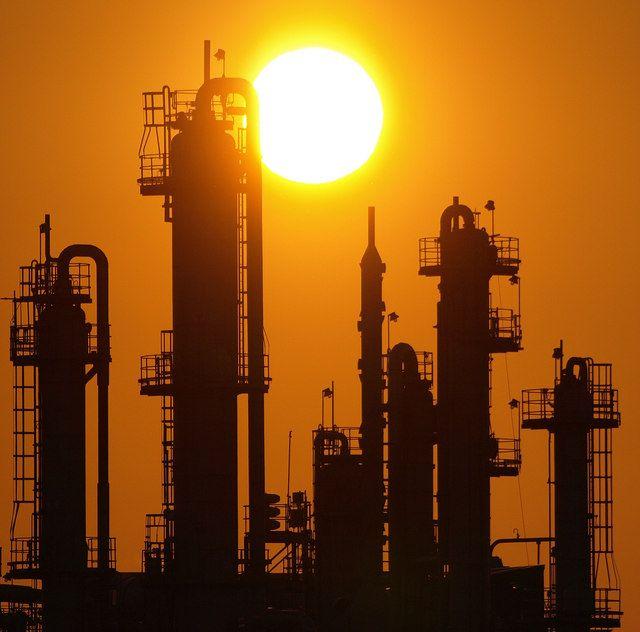What is Petrochemical? Where is Petrochemical Used? What are Petrochemical Products?
Petrochemistry is a branch of science that examines chemical products derived from hydrocarbon sources such as petroleum and natural gas. Petroleum and natural gas contain organic chemical compounds, and these compounds are used in the production of various chemical products in various industrial applications.
Petrochemistry involves the process of producing chemical products with raw materials derived from petroleum and natural gas. The main products in this field typically include polymers, plastics, synthetic fibers, pharmaceuticals, fertilizers, paints and coatings, everyday consumer products, detergents, rubber, resins, and various chemical components.
The applications of petrochemistry include:
- Plastic Production: Petrochemistry is used in the production of plastics such as polyethylene, polypropylene, and polyvinyl chloride.
- Synthetic Fibers: Petrochemistry plays a crucial role in the production of synthetic fibers like polyester, nylon, and acrylic.
- Chemical Fertilizers: Petrochemistry is used in the production of ammonia and other chemical fertilizers for agriculture.
- Pharmaceutical Industry: Many drugs contain chemicals derived from petrochemicals.
- Paints and Coating Materials: Petrochemistry is involved in the production of paints, varnishes, and coating materials.
- Everyday Consumer Products: Products like soap, detergent, shampoo, and other daily-use items often contain petrochemical products.
- Rubber and Latex Production: The rubber and latex industry utilizes petrochemical products in the manufacturing process.
- Electronic Devices: Certain plastics derived from petrochemicals are used in electronic components.
These are just a few examples of the diverse applications of petrochemistry. The petrochemical industry has a broad range of products and applications, playing a significant role in the production of various items that we encounter in our daily lives.





